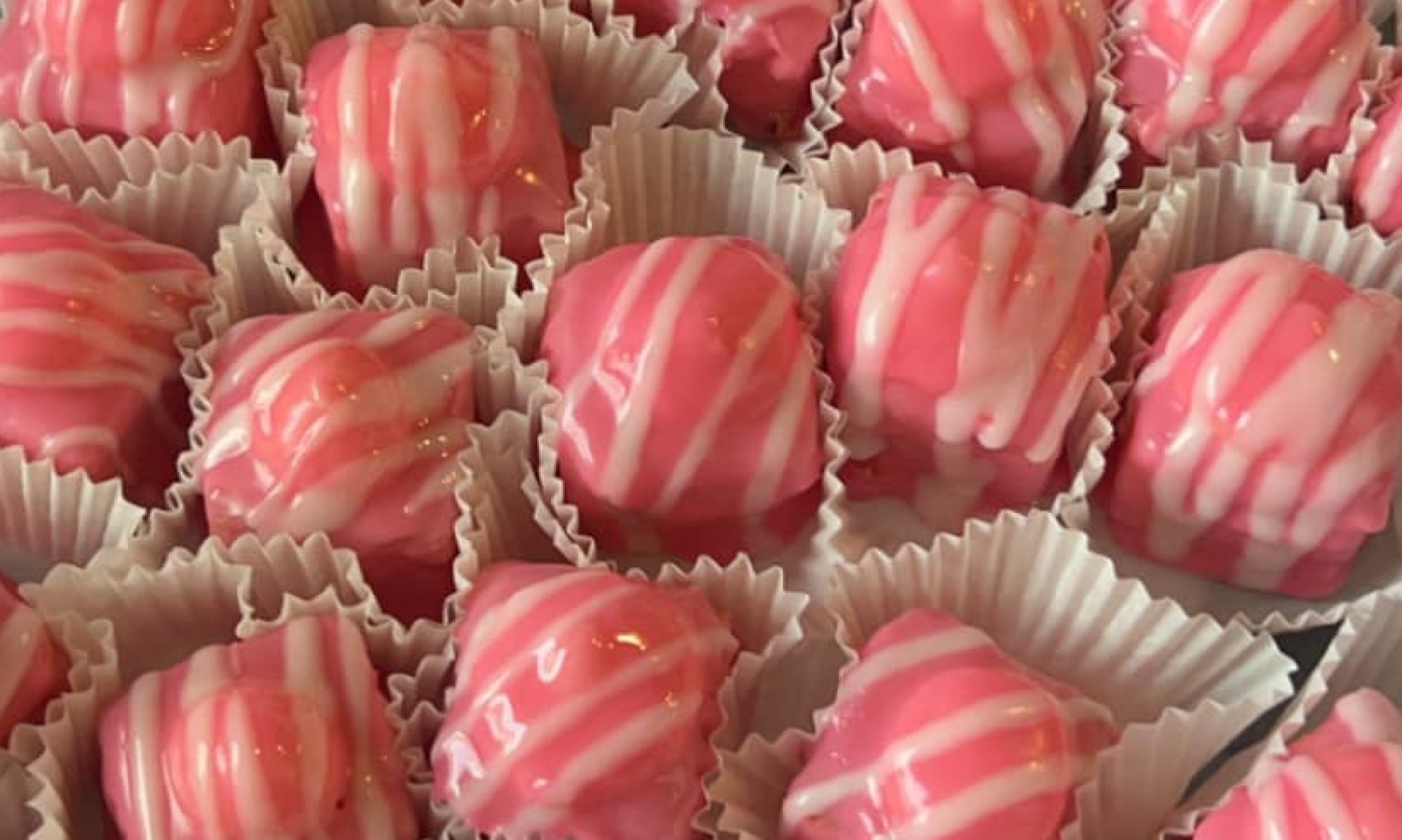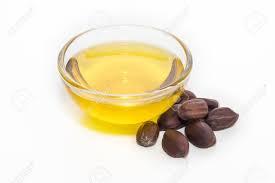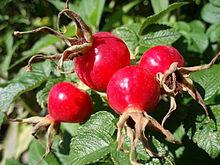Our soaps are handmade in the UK by artisans and experts in their craft. These wonderful handmade soaps are extremely kind to skin, and an absolute pleasure to use. They are produced using age old techniques and the finest ingredients developed to create the highest quality products.
The essential oils, natural butters, plant oils and botanicals used are superior. These products are produced using ingredients that are not animal derived. All our soaps are approved by Cruelty Free International and The Vegetarian Society. Our soaps are produced without testing on animals.
Some of our Ingredients and their Properties.
Shea Butter.
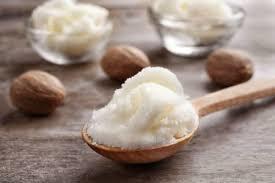
Shea butter is the fat extracted from the nut of the African Shea tree. In some African countries it is even used in food preparation.It is an excellent emollient for dry skin, and has moisturising properties that can help sooth tightness and itching.
Some of its isolate chemical components are reported to have other beneficial properties.
Jojoba Oil.
Jojoba oil is the oil produced in the seed of the Simmondsia Chinesis (Jojoba) plant. It is a native of Southern Arizona, parts of California and Mexico. Native Americans used the oil extracted from it to treat sores and wounds. The unrefined oil is golden and liquid at room temperature and has a slightly nutty scent.
Lavender Oil.
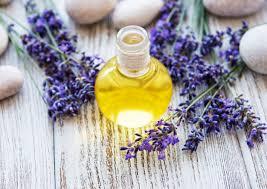
Lavender oil is produced after the flower spikes are processed. It has been used as a perfume for centuries. It has also been used in massage oils and other skin applications. It has a rich deep scent that can be used in aromatherapy as a relaxing additive.
Aloe Vera Leaf Juice
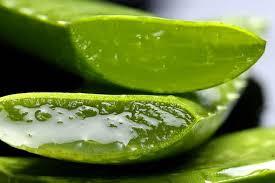
Aloe Vera belongs to the family of plants known as succulents. It originates from the arabian peninsula. This wonderful little plant has found its way into many commercial applications such as lotions, beverages, cosmetics and ointments for minor burns and sunburn
Sweet Almond Oil.
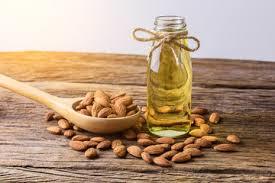
Almonds are used throughout the globe. They can be used as a milk substitute. These little nuts contain a high oil content. Almond oil is high in Vitamin E, Thiamine, Vitamin B6 and Folate.
This humble little nut is highly revered in some cultures. This wee brown wrinkly nut is even mentioned in the bible no less than 10 times. In the book of Genesis, it is talked about as being “among the best of fruits”. The “Rod of Aaron” had Sweet Almond flowers on one side, and Bitter Almond Flowers on the other. It is used nowadays in the cosmetic and skincare industry as a rich, nutritious and natural base for a wide variety of products.
Cherry Kernel.

This is the “pit of the cherry”. The seed oil is brownish to yellow and can smell slightly nutty. It has a variety of uses in many industries as an additive for flavouring, fragrance and as an ingredient in many cosmetics.
Avocado Oil.
This is an edible oil, however it has an extensive portfolio being used not only in the culinary world but in the laboratories of cosmetic and skincare producers. It is increasingly valued for its regenerative and moisturising properties. The avocado oil in this instance is not gleaned from the stone, but is produced using the flesh of the fruit which is rich in Vitamin E and enhances the absorption of collagen. The 2013 study published in a journal states that Avocado oil is benefitial. Research found also that the oil of the Avocado is rich in Oleic Acid and contains essential fatty acids. Avocado oil is also easily harvested and therefor leaves a smaller carbon footprint as a result of its production.
RoseHip Fruit Oil
The Rosehip, Rosehaw or Rosehep can range in colour from brown to orange to red. Rosehips are used in herbal teas, are rich in Vitamin C, Beta Carotene and Lutein. Rosehips are a sustainable hardy crop which are easy to harvest. They can act as an anti-oxidant. Rosehip oil is rich in Vitamin A which helps in the fight against the signs of ageing. In topical preparations such as soaps and creams, its molecules are small enough to penetrate deep into the skin and help to improve moisture and collagen levels.
Argan Oil
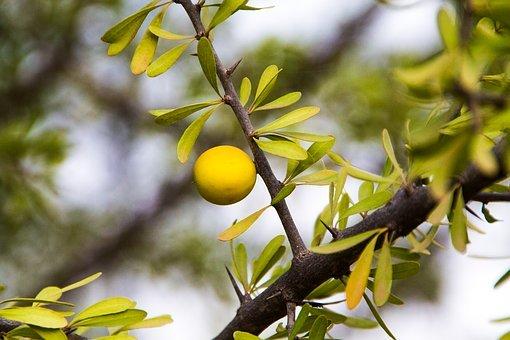 Rich in Vitamin E, Phenols, Carotenes etc. It is produced after processing the kernels from the Argan tree. In Morocco it is used as a dip for bread or as a drizzle for couscous or pasta. It is used in the cosmetic, hair care and skincare industries. It is nourishing and replenishes the skins lustre.
Rich in Vitamin E, Phenols, Carotenes etc. It is produced after processing the kernels from the Argan tree. In Morocco it is used as a dip for bread or as a drizzle for couscous or pasta. It is used in the cosmetic, hair care and skincare industries. It is nourishing and replenishes the skins lustre.
Sandalwood Oil
Sandalwood oil is an essential oil obtained from the heartwood of various species of sandalwood trees. Sandalwood is highly coveted for its fragrance. Its perfume is deep and woody, with tones of flowers like violets and clove.
Patchouli Oil
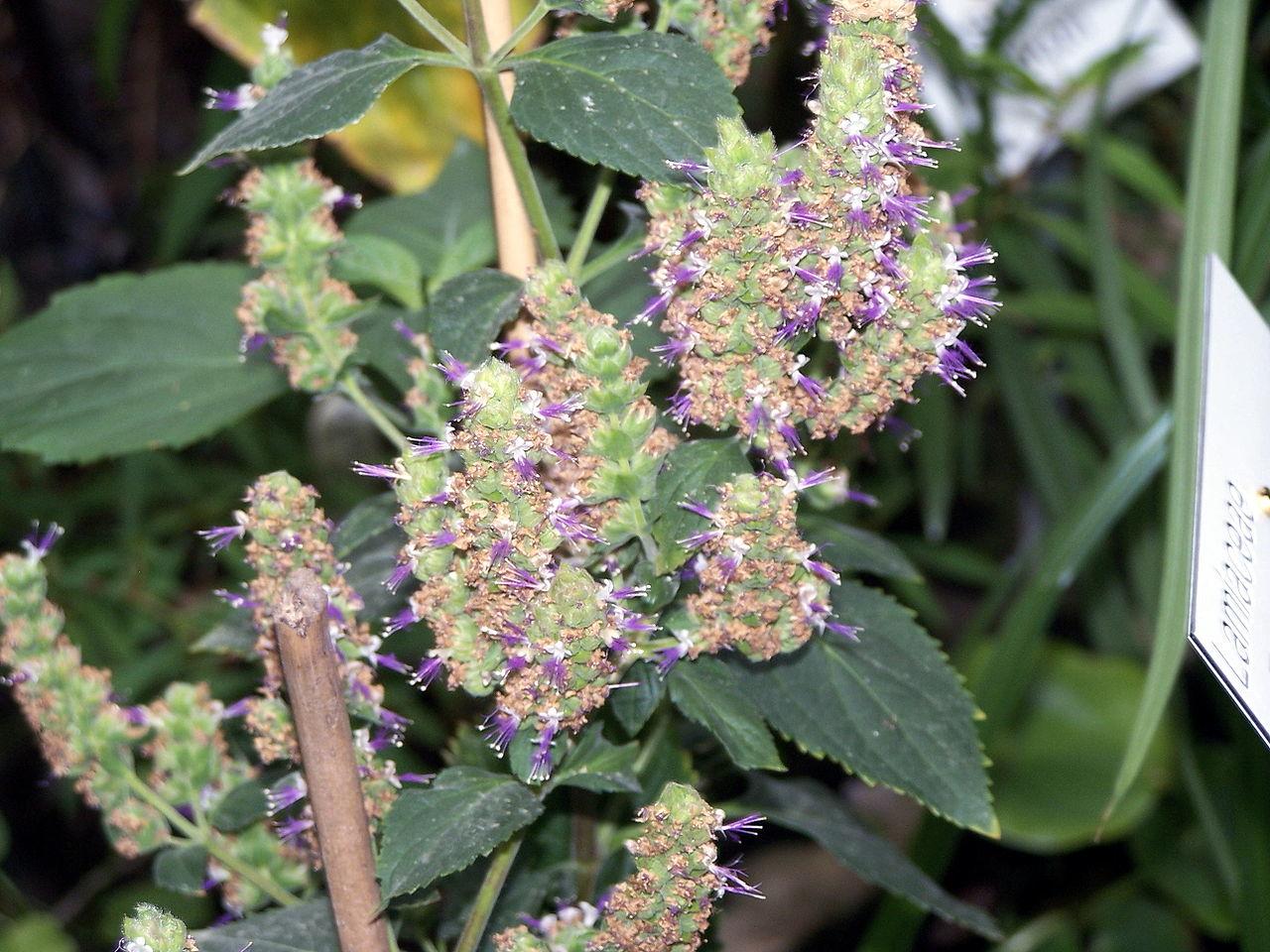
Patchouli oil is from the species of plants called Lamiaceae. The plant is a bushy Herb. It is extensively cultivated throughout the world. It has a heavy strong scent used for perfumes, the production of incense and also as an insect repellent.
It is used primarily in the perfume industry.
Its perfume became very popular and shot to fame as a result of the hippie movement in and around the 1960’s and 1970’s.
It leaves have been used to make a herbal tea.
In 1985, Mattel use patchouli as a perfume in the production of the figures for the character Stinkor in Masters of the Universe.
Geraniol.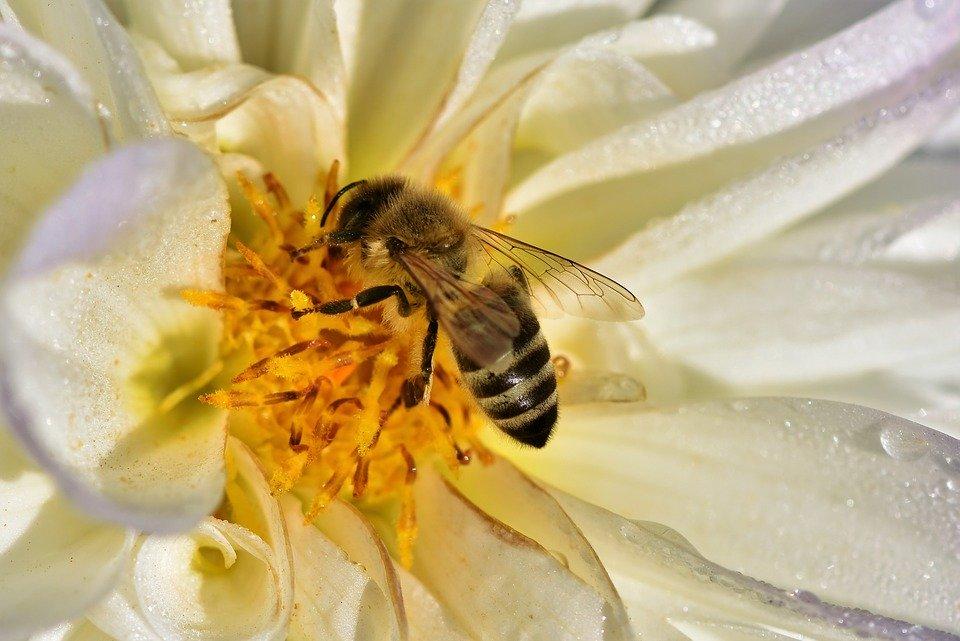
Geraniol is one of the primary components of Rose Oil. It is colourless. Geraniol is used in flavourings like peach, raspberry, plum and lime etc. Geraniol is also produced by the scent glands of Honey Bees in order that they can mark flowers which are rich in nectar and mark their hive entrances.
Limonene.
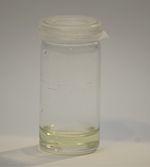 Limonene is the colourless liquid occurring in nature as the fragrance of oranges. It is also a major component for the scents and resins of coniferous and broad leaved trees. It can be used as a dietary supplement and also as an ingredients in some cosmetics and perfumes.
Limonene is the colourless liquid occurring in nature as the fragrance of oranges. It is also a major component for the scents and resins of coniferous and broad leaved trees. It can be used as a dietary supplement and also as an ingredients in some cosmetics and perfumes.
Coconut Oil.
Coconut oil is an edible oil. It is produced by extracting the oil in a hydraulic press. It is used for ingredients in hair products. In some control, it is even used as an alternative to diesel to power Diesel engines as a bio-diesel. It is an important base in the manufacture of soap.
